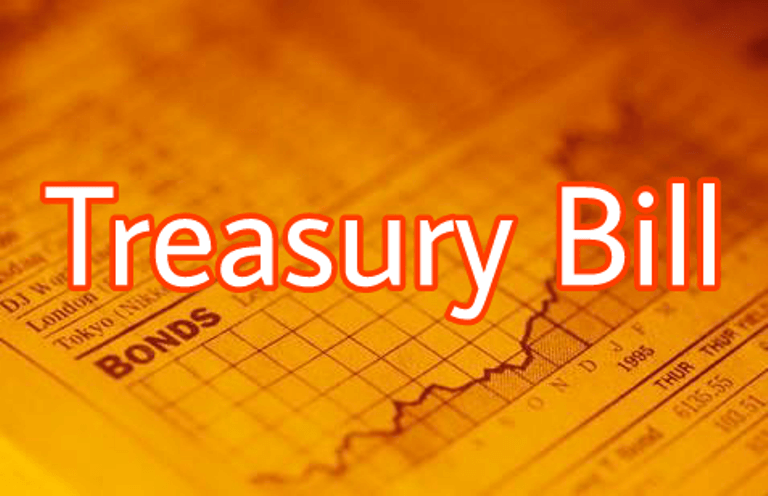The Ghanaian government’s recent T-bill auction witnessed a slight uptick in interest rates after four months of decline, yet this marginal increase failed to entice investors, resulting in the seventh consecutive week of undersubscription. The government aimed to raise GH¢ 7.5 billion, but only received GH¢ 6.1 billion in bids, an 18.6% shortfall. Despite this, the government accepted only GH¢ 4.5 billion, rejecting GH¢ 1.6 billion worth of bids. This continued undersubscription underscores a persistent challenge for the government in securing the necessary funds to meet its financial obligations. The majority of bids were concentrated in the 91-day bill, attracting GH¢ 3.7 billion, followed by the 364-day bill at GH¢ 1.6 billion and the 182-day bill at GH¢ 814.85 million. This distribution indicates investor preference for shorter-term instruments, perhaps reflecting uncertainty about longer-term economic prospects.
The recent increase in interest rates, albeit marginal, marked a shift in trend after a sustained period of decline. The 91-day bill saw its rate rise from 14.5669% to 14.6596%, the 182-day bill from 15.0192% to 15.0289%, and the 364-day bill from 15.1679% to 15.4192%. Analysts attribute the previous undersubscription to declining interest rates, which made T-bills less attractive compared to other investment options, particularly Bank of Ghana bills offering higher returns. This competition for investor funds highlights the importance of competitive interest rates in attracting investment in government securities.
The consistent undersubscription of T-bills raises concerns about the government’s ability to finance its expenditures and manage its debt. It also suggests a potential lack of confidence among investors in the short-term outlook of the Ghanaian economy. The government’s decision to reject a portion of the bids, even while facing an undersubscription, indicates a strategic approach to managing its borrowing costs and maintaining a desired yield curve. However, this strategy carries the risk of further alienating investors if it persists.
Experts believe that the recent increase in interest rates, if sustained, could lure investors back to T-bills, thereby enabling the government to meet its funding needs. This reliance on interest rate adjustments underscores the delicate balance the government must strike between attracting investment and managing the cost of borrowing. It also highlights the importance of investor confidence in the government’s fiscal policies and the overall health of the economy. The attractiveness of T-bills relative to other investment options, such as Bank of Ghana bills, will be a key factor in determining investor participation in future auctions.
Looking ahead, the government plans to raise a slightly lower amount of GH¢ 5.4 billion in the next auction. Market observers will be keenly watching to see if the upward trend in interest rates will indeed reverse the trend of undersubscription and attract sufficient investor interest. The success of this upcoming auction will be a crucial indicator of investor sentiment and the government’s ability to navigate the current challenging market environment. It will also offer insights into the effectiveness of the government’s strategy to balance its borrowing needs with the need to offer competitive returns to investors.
The ongoing situation with T-bill auctions reflects the broader economic challenges facing Ghana. The government’s ability to attract investment in its debt instruments is vital for its fiscal stability and its ability to fund essential public services. The interplay between interest rates, investor confidence, and competition from other investment vehicles will continue to shape the outcome of future T-bill auctions and will be closely monitored by market participants and analysts alike. The government’s response to these challenges, including its debt management strategies and broader economic policies, will be critical in determining the long-term health of the Ghanaian economy.


